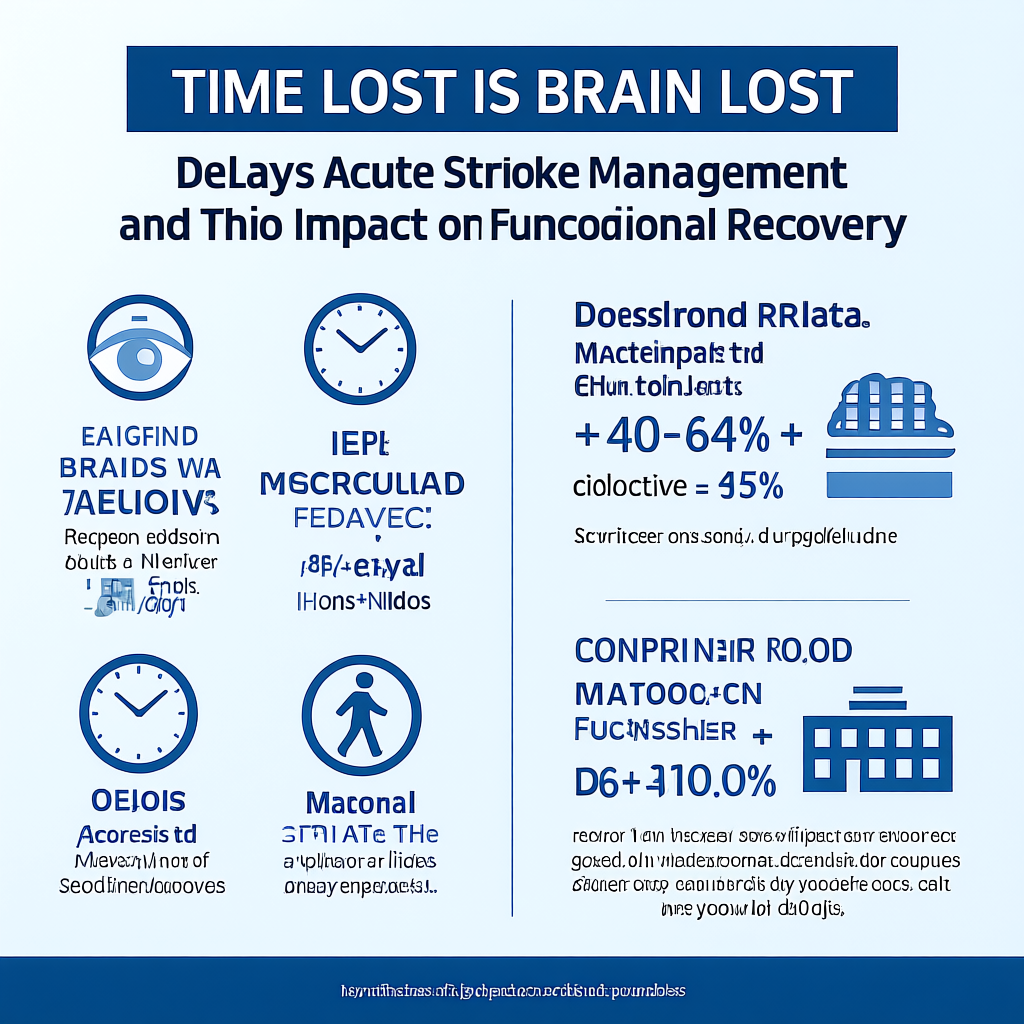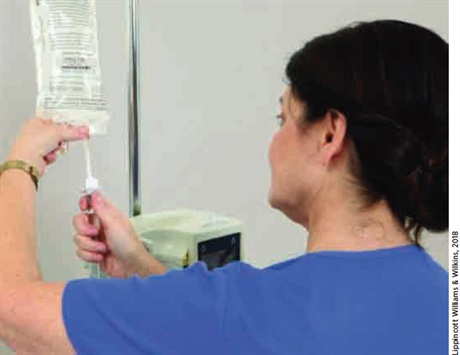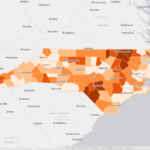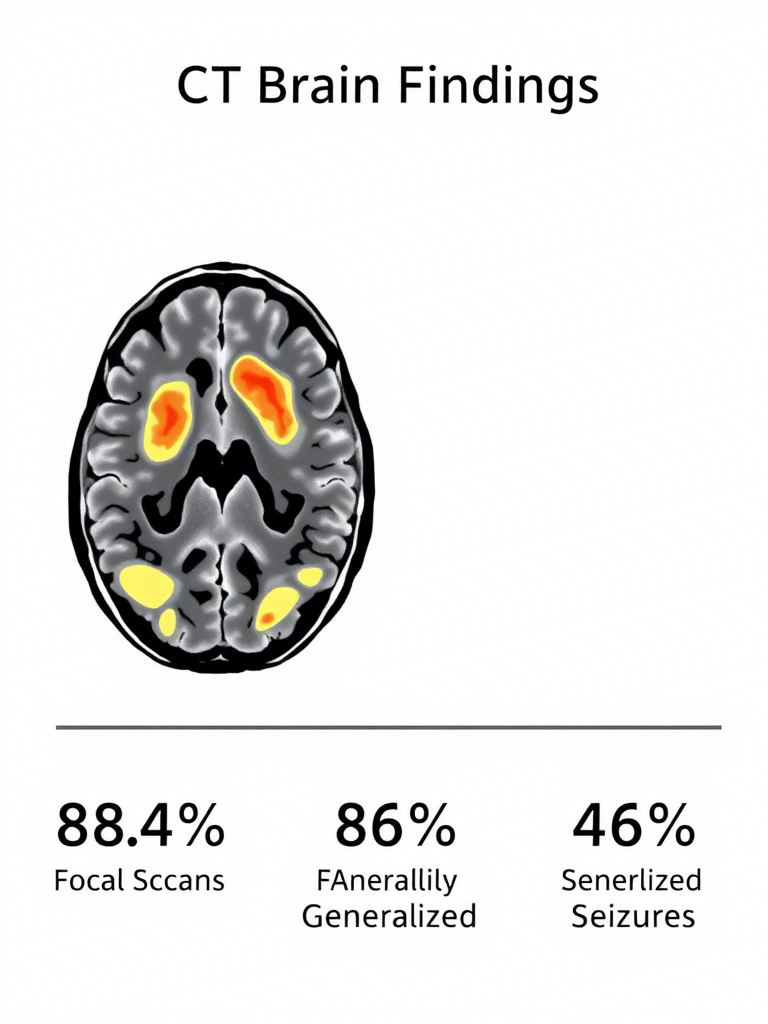Time Lost is Brain Lost: Delays in Acute Stroke Management and Their Impact on Functional Recovery
Anna Fischer¹, Leon Zimmermann², Maria Stamataki³
Keywords:
Stroke, Ischemic Stroke, Time-to-Treatment, Outcomes, NeurologyAbstract
Background: Stroke outcomes depend critically on timely intervention, yet pre-hospital and in-hospital delays remain major barriers.
Objective: To evaluate pre-hospital and in-hospital delays in acute ischemic stroke care and their association with functional recovery.
Methods: A prospective cohort of 784 patients with acute ischemic stroke was enrolled in French tertiary hospitals (2022–2023). Key time intervals were recorded: symptom onset-to-door, door-to-needle, and door-to-groin. Outcomes were measured by modified Rankin Scale (mRS) at 90 days.
Results: Median onset-to-door time was 146 minutes; door-to-needle was 58 minutes. Only 41% achieved mRS 0–2 at 90 days. Each 30-minute delay reduced odds of good recovery by 8% (OR 0.92, 95% CI 0.88–0.95, p < 0.001).
Conclusion: Delays remain substantial in stroke care, directly reducing recovery rates. Streamlined pre-hospital triage and in-hospital workflows could markedly improve outcomes.
Keywords: Stroke, Ischemic Stroke, Time-to-Treatment, Outcomes, Neurology
Downloads





